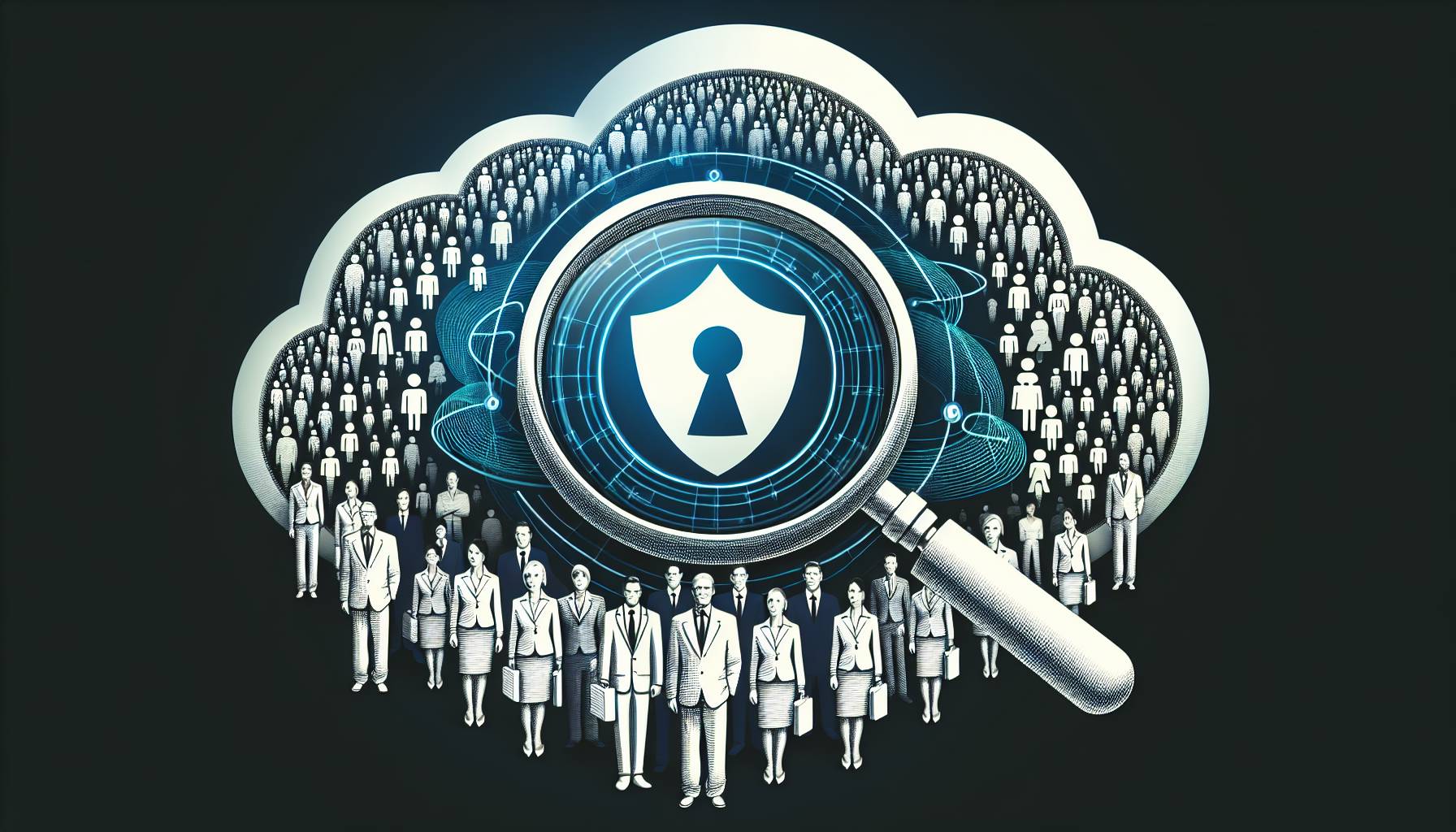Recently, The Trade Desk showcased its evolving strategy for finding alternatives to third-party cookies at The Times Center in NYC. The company emphasized the urgent need for newer data solutions that are more robust and respect consumer privacy laws.
Taking a step ahead, The Trade Desk revealed plans for Unified ID 2.0, an industry standard for user identification. The company is committed to a transition marked by transparency, user control, and consent. They highlighted the importance of collaboration for embracing these systemic changes while continuing to ensure user privacy.
The meeting took place in a month when The Trade Desk boasted nearly $2 billion in GAAP earnings for 2023, reflecting a remarkable 23% growth. This significant financial growth was a clear reflection of market confidence in The Trade Desk’s strategy and potential growth. The news created a stir among investors and stakeholders and further established the company’s position in the competitive market landscape.
Jeff Green, CEO of The Trade Desk, and media expert Lou Paskalis expressed their views on the evolving advertisement industry, particularly related to ad-targeting and campaign measurement. They stressed the need for companies to adopt a more direct approach with clients and adjust their marketing strategies consistently. They highlighted the importance of fostering strong relationships with clients and employing AI-powered predictive analytics for effective ad targeting.
The Trade Desk has also announced partnerships with leading CTV publishers like Vizio and Cox Media Group and plans to streamline advertisement processes through its OpenPath scheme. OpenPath aims to minimize intermediaries, ensuring a more direct interaction between advertisers and media owners.
The Trade Desk’s promising solution in the wake of Google Chrome discontinuing third-party cookie support is UID2, a privacy-conscious tool for user tracking. UID2 employs non-identifiable tokens for users, omitting reliance on personal data, thus ensuring a more secure and safe alternative.
Disney’s SVP of addressable sales, Jamie Power, talked about how Disney plans to automate 75% of its operations within the next three years using UID2. This move towards automation would enhance Disney’s addressability capabilities, enabling advertisers to deliver more personalized, relevant, and impactful ads while maintaining an optimal balance between personalization and privacy.













